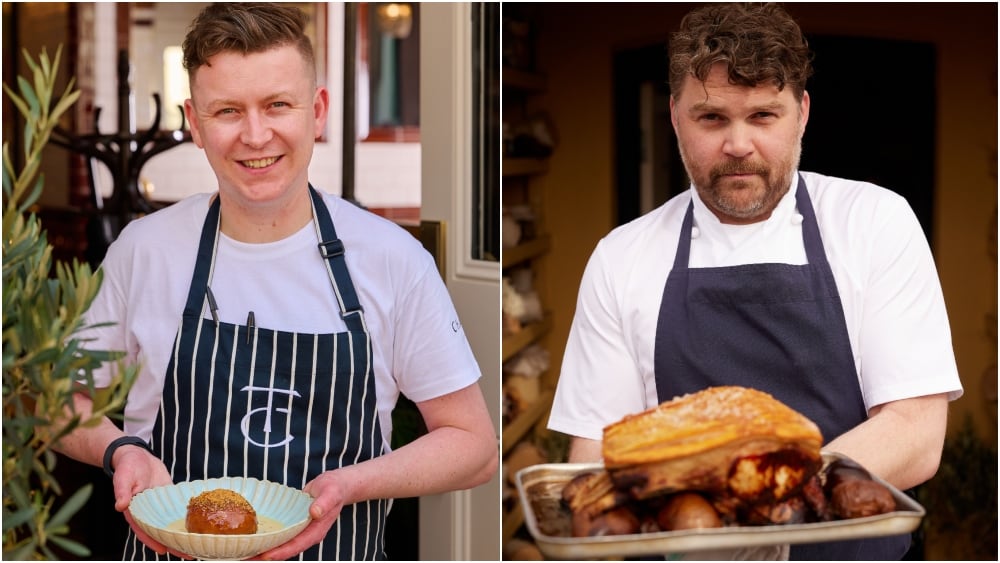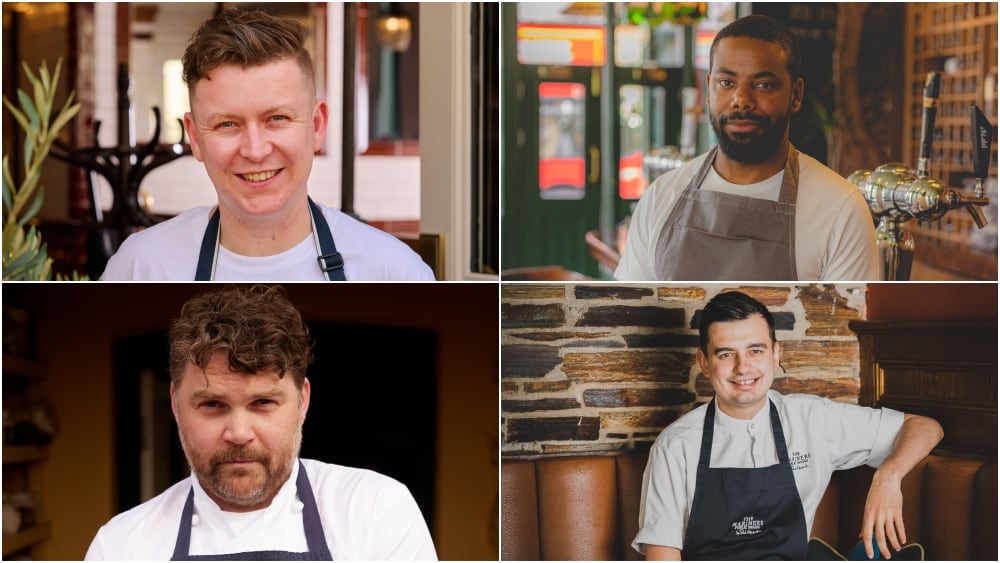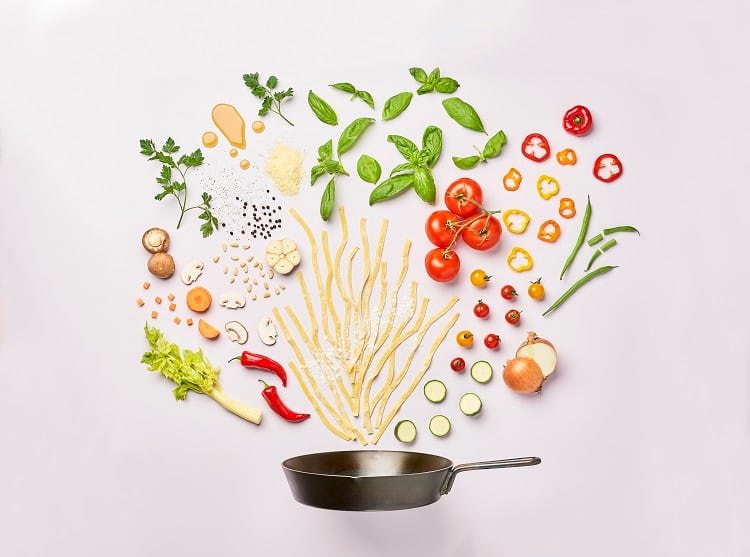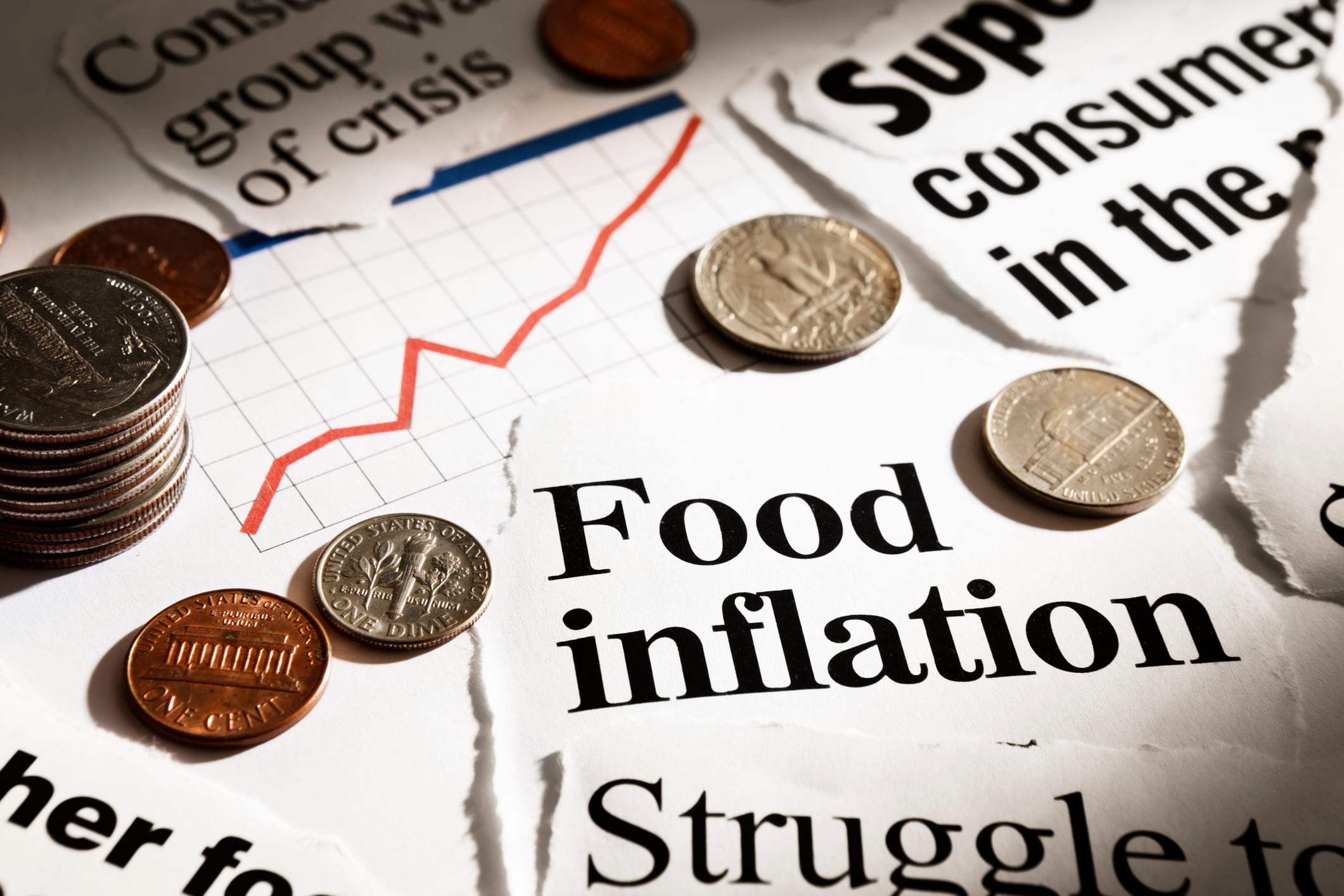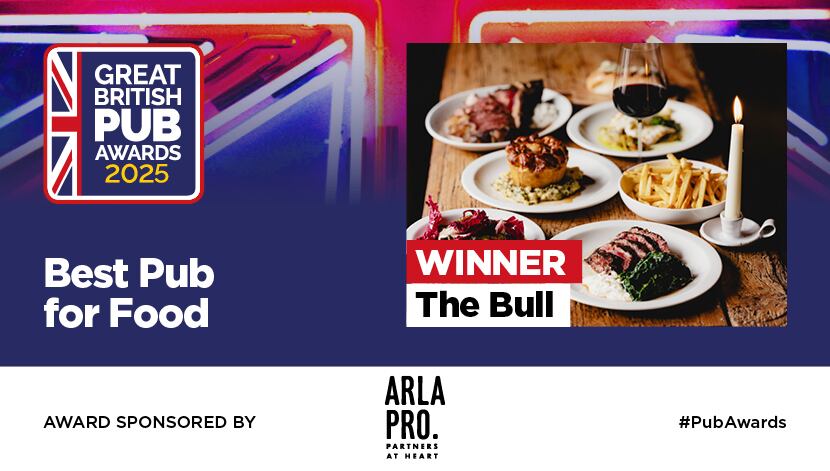Here, The Morning Advertiser talks to some of the best to find out how they have turned their pubs into culinary destinations...
Food is often touted as the saviour of pubs, but with the never-ending cost rises for produce, energy and labour, it’s not the goose that laid the golden egg it once promised to be.
The latest Foodservice Price Index from CGA by NIQ and Prestige Purchasing found food and drink costs in hospitality rose by 0.4% in August (continuing a consecutive five-month rise) with price hikes for core ingredients like meat, poultry, milk, cheese and eggs, partly responsible for the growth.
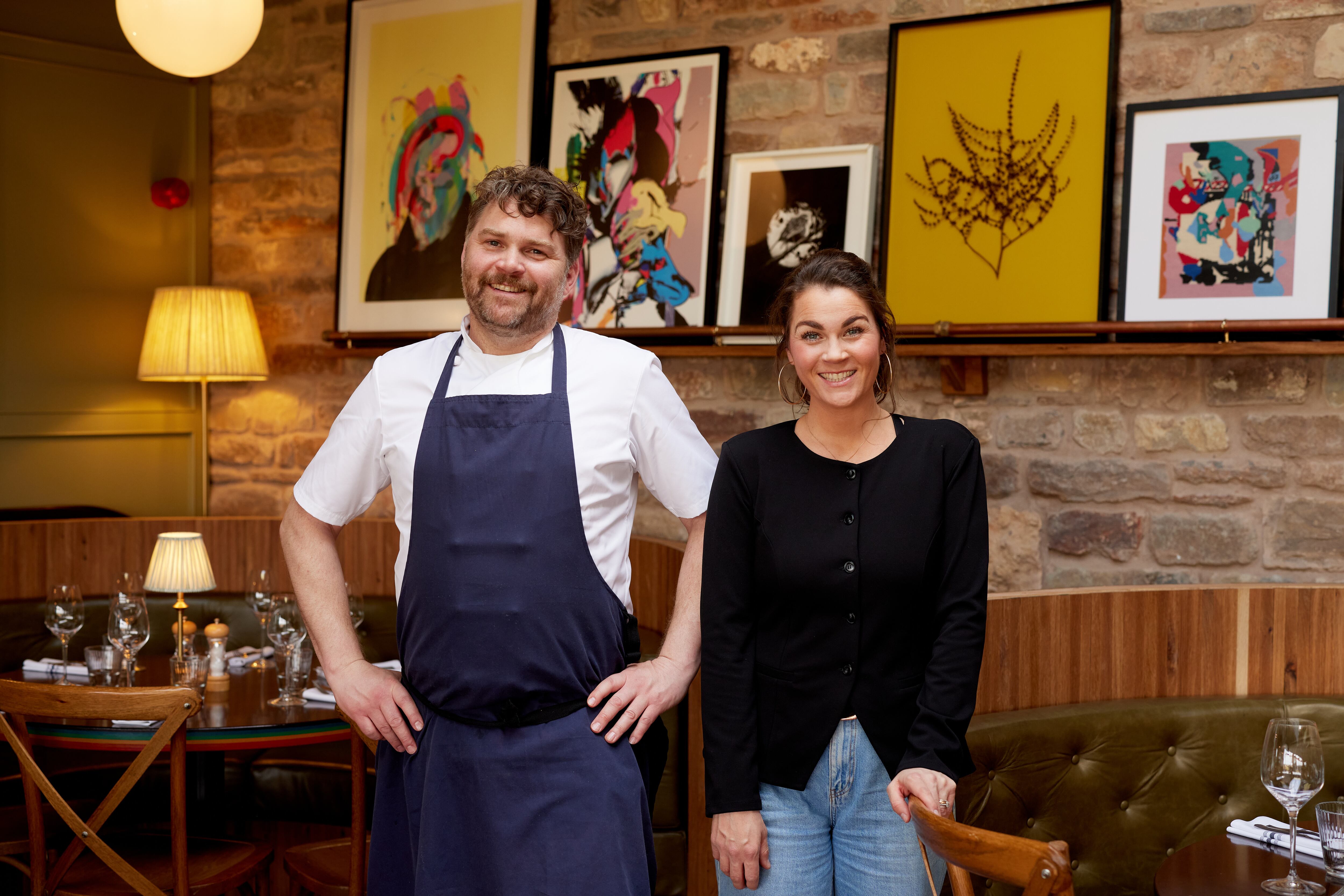
With a tightening on consumer spending added to the mix, pub operators and chefs must deal with the ongoing pressure of ensuring their food offering is both attractive and profitable.
Despite this grey and somewhat gloomy trading environment, there are beacons of success shining through: pubs around the country whose food is drawing diners through the doors, earning positive headlines and thriving.
It’s all well and good something looking pretty, but at the end of the day, it’s got to be delicious.
Tom de Keyser, The Chalk
The Mariners in Rock, Cornwall, is one example. Part of celebrity chef Paul Ainsworth’s gastronomic empire, the Mariners can turn up to 450 covers a day during the peak summer months, wins awards – it has appeared on the Top 50 Gastropubs list for the past six years – and crucially, is profitable.
What’s the secret to its success?
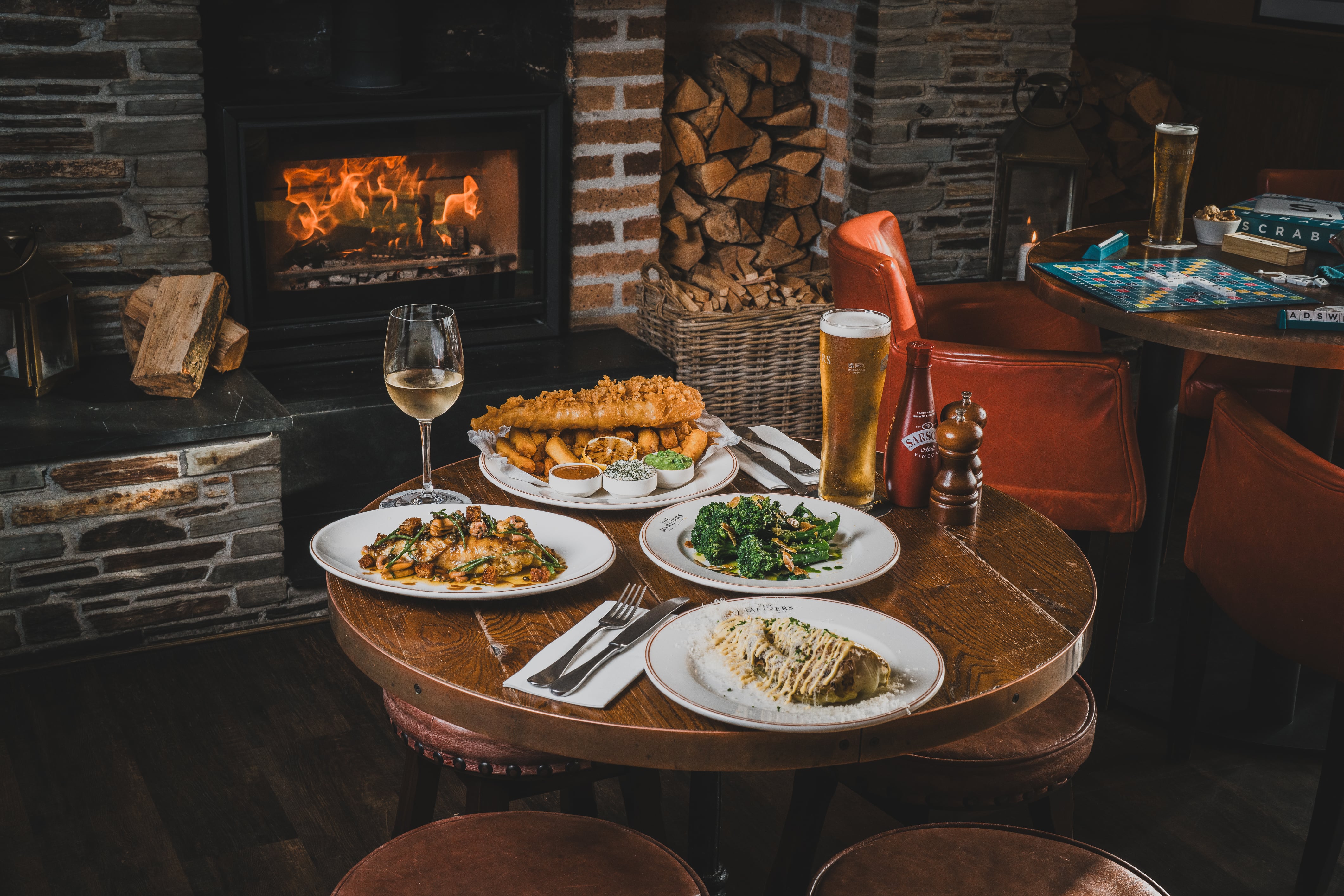
Accessible dining
Three ways to turn a pub into a culinary destination
Evolve and adapt: Don’t be afraid to change the status quo if you feel your customers will appreciate it. “You have to evolve and move with the times,” says Eggleton, who relaunched his famous gastropub The Pony & Trap as a restaurant and cookery school called The Pony Chew Valley last year.
“We try to keep things moving. That’s what keeps people interested in what we do and the change in our menu is what has kept people coming back,” agrees Allen at the Parakeet.
Place substance above style: Using the best ingredients and techniques to ensure flavour is maximised for every dish is De Keyser’s advice. “It’s all well and good something looking pretty, but at the end of the day, it’s got to be delicious.”
“We push everything to the maximum, as in all the flavours and all the textures,” adds Rozier. “And for us as well, consistency is key.”
Give diners reasons to return: Pubs need regular trade so provide a menu that caters to different occasions, whether it’s a keenly priced simple weekday lunch menu like Eggleton has at the Kenny and De Keyser has at the Chalk to run alongside the main menu, or offer a wide selection of accessible dishes like they have at the Mariners.
“We’ve done food that people want to eat every day,” says Rozier. “And being busier helps because you’re always turning food over and it’s as fresh as it can be.”
Offering dishes at varying price points also helps.
“We’ve got two steaks on,” says De Keyser. “A bavette at £29.50 and a dry aged filet of beef for £84.50 if someone fancies going a bit wild on a Friday night.”
“Being accessible to everyone,” suggests Joe Rozier, who now runs the kitchen of the Mariners as operations director having worked as head chef at the pub since Ainsworth opened it in partnership with Sharp’s Brewery in 2019.
“When Paul took over the Mariners, we sat down and had a chat about what we like to eat and how we like eat, because Paul’s a big believer in the idea that if you cook the food you like, you cook it better,” he explains.
“But above all, we wanted it to be a place where anyone could come and eat how they wanted, so they could have a full main course, or have lots of snacky bits if they wanted, and that’s what we did. We kept it true to the concept of being accessible to everyone.”
Scour the Mariners’ menu and you’ll find it does cater to a range of dining occasions and dietary requirements. Customers looking for a quick snack can choose from dishes like the Cornish vintage cheddar rarebit on toast; Cornish Tamworth’s & sage Scotch egg with piccalilli relish, or a simple 1⁄2 pint of crisp salt & pepper squid with Marie Rose sauce.
There are more hearty ‘large plates’ based on pub classics like a burger (beef and plant-based), fish & chips and a curry (the Goan Kashmiri chilli madras). Many of the dishes can be made gluten, or dairy-free, and on Sundays, a selection of dishes from the classics’ menu are available alongside a roast menu.
“There are some people who don’t like roasts so we still run our fish & chips and burgers and curry,” adds Rozier, sharing another example of the Mariners’ welcoming approach.
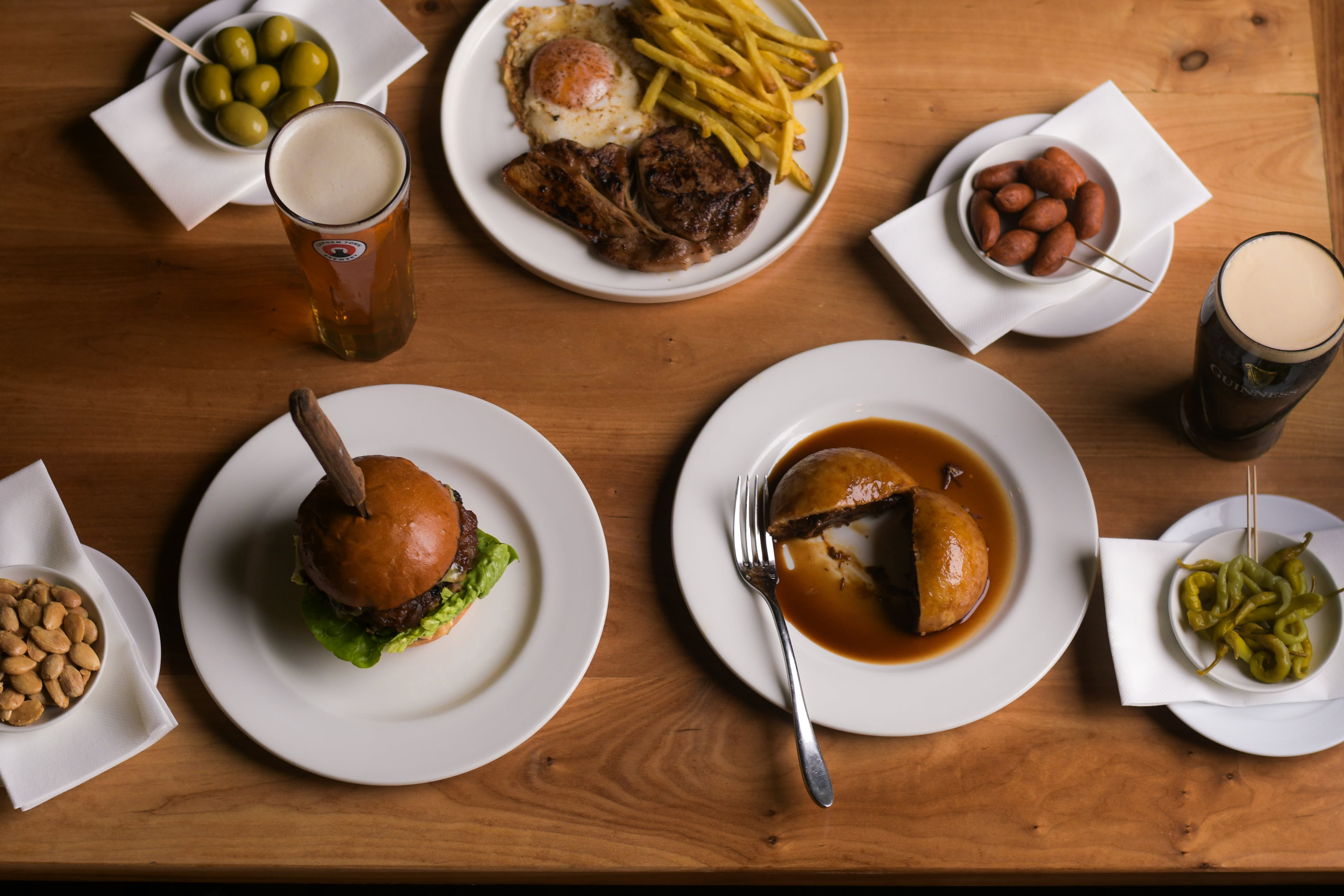
The menu at neighbourhood gastropub the Kensington Arms (better known as ‘The Kenny’) in Bristol is shorter and arguably less traditional than that of the Mariners, but its co-owner, restaurateur and chef Josh Eggleton, agrees pubs need broad appeal to bring diners through their doors. There’s a burger on the main menu and a roast served on Sundays, for example, while a simple, keenly priced weekday lunch menu emulates the daily menus one might find in a French brasserie or bouchon.
Unique evolution
Nevertheless, Eggleton also recognises pubs need additional hooks to pull customers in, particularly now with added competition from home delivery services and a squeeze on disposable incomes.
To help boost trade this autumn, the Kenny has created an ox cheek and muscat suet pie that it will sell for £10. On Fridays, the first 20 pies sold will be accompanied by a pint of Guinness.
“I put it on because we need something unique on the menu, something that will make people go ‘oh, that looks amazing’,” he says.
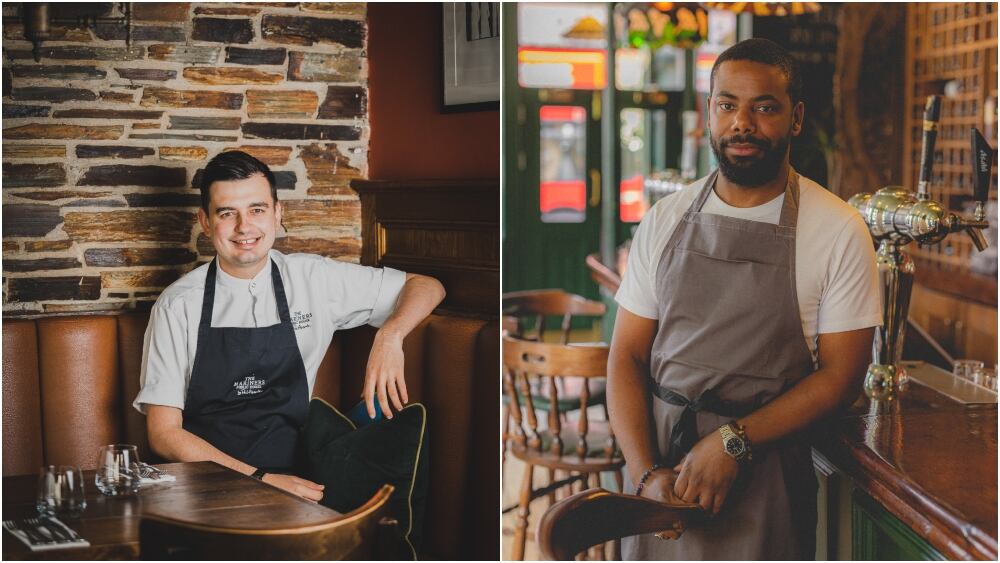
The Kenny is not Eggleton’s sole food business of course. The Pony Group, which he started with his sister Holly Eggleton, operates six restaurants and a brewery, one of which is The Pony Chew Valley.
The restaurant and cook school in Chew Magna in Somerset started life as the Pony & Trap in 2006 and became a much-lauded gastropub. It closed in 2020 due to the pandemic, reopening under its new guise last year.
While the Pony still has nods to its gastropub roots, serving a couple of pub classics at lunch – a Ploughman’s and ham, egg and chips for ‘accessibility’ reasons, it is essentially a restaurant and community hub today. The change was necessary says Eggleton, who has watched the market change over the past 20 years. He encourages other pub chefs to challenge the status quo if they feel the business needs it.
“Me, the way I am, I get bored and I’ve always had this desire to make things better,” he explains. “You need to go to work every day and improve on what you did the time before.
“I admire places that are timeless – that are fantastic and consistent but the reality is things do need to slowly change and evolve to stay with the times. I didn’t realise I was part of the gastropub revolution back in the day. We were doing what we did, we weren’t aiming for a Michelin star. Now, you need to keep tweaking and testing things. You can’t stand still.”
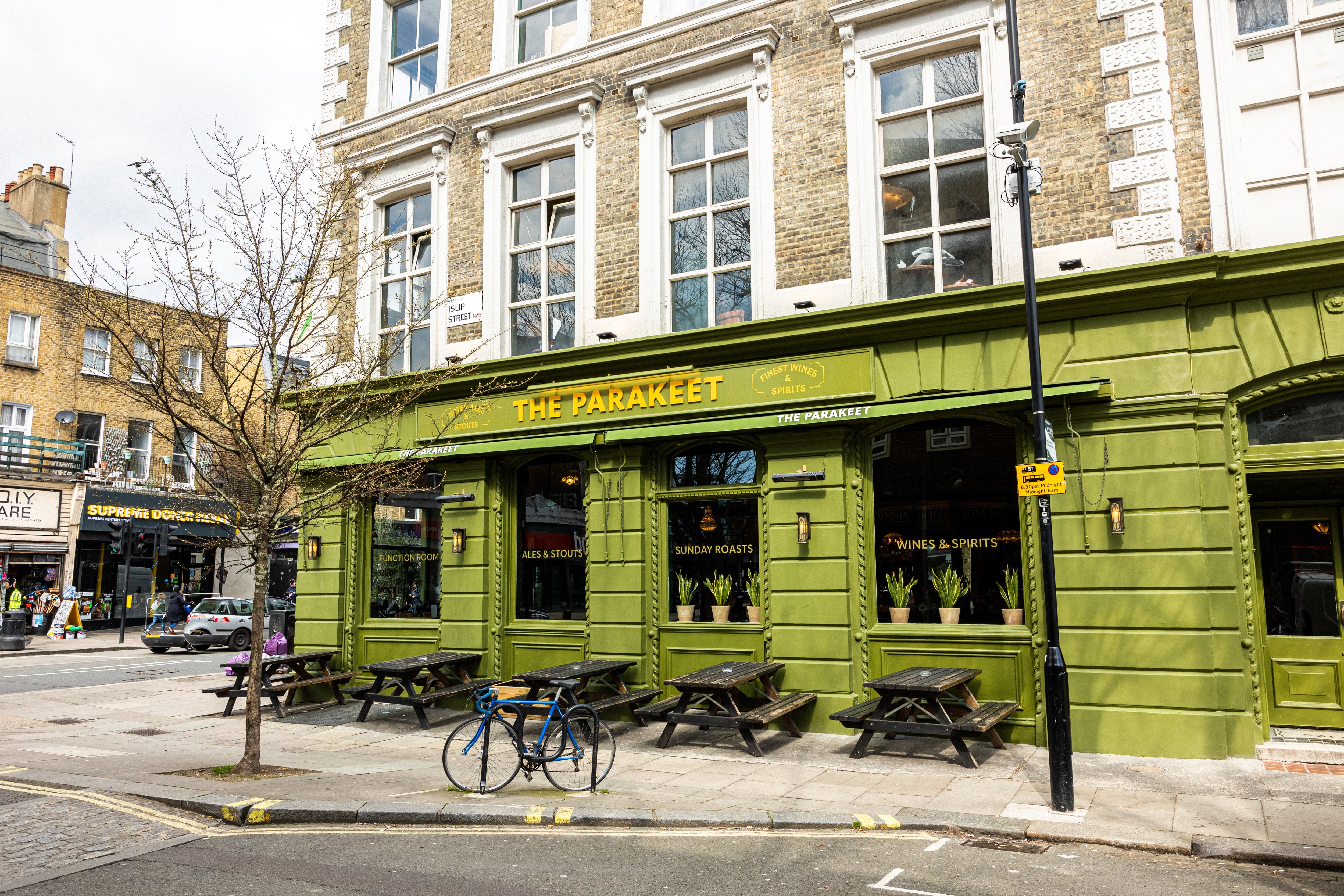
Ben Allen is one chef who is moving the dial in pub dining and challenging the status quo. He has led the kitchen at the Parakeet (formerly the Oxford Tavern) in London’s Kentish Town since March 2023, joining from London restaurant Brat.
Allen describes his weekly changing menu as ‘ingredient-led’ with seasonal vegetables and fish taking starring roles. It’s a welcoming menu. There are bar snacks like padron peppers, dressed oysters and sandwiches on offer and sharing as well as main dishes but pub classics like Scotch eggs, burgers and pies are currently omitted.
This is the first pub I’ve ever worked in so it was definitely a learning curve for me to get the balance right of what’s good and what’s not.
Ben Allen, the Parakeet
“We try to make it as family-orientated as possible,” Allen explains. “It’s mainly sharing dishes bringing people together. We have snacks, smaller plates and big sharers but, even if you’re by yourself, there are ways you can pick bits out of each section.”
While he taps into the convivial style of pub dining, Allen doesn’t adhere to the idea pubs must provide recognised dishes to attract regulars. Sticking to his ethos of using the best produce available and keeping the menu moving is the secret to his success.
“When we first opened a lot of people were like ‘where’s the fish & chips?’, but I think we won the locals over and once they came in, we converted them to regulars,” he says.
“I cook what I feel is right. This is the first pub I’ve ever worked in so it was definitely a learning curve for me to get the balance right of what’s good and what’s not and how to keep everyone happy, but now they come back because they’ll get something different each time.”
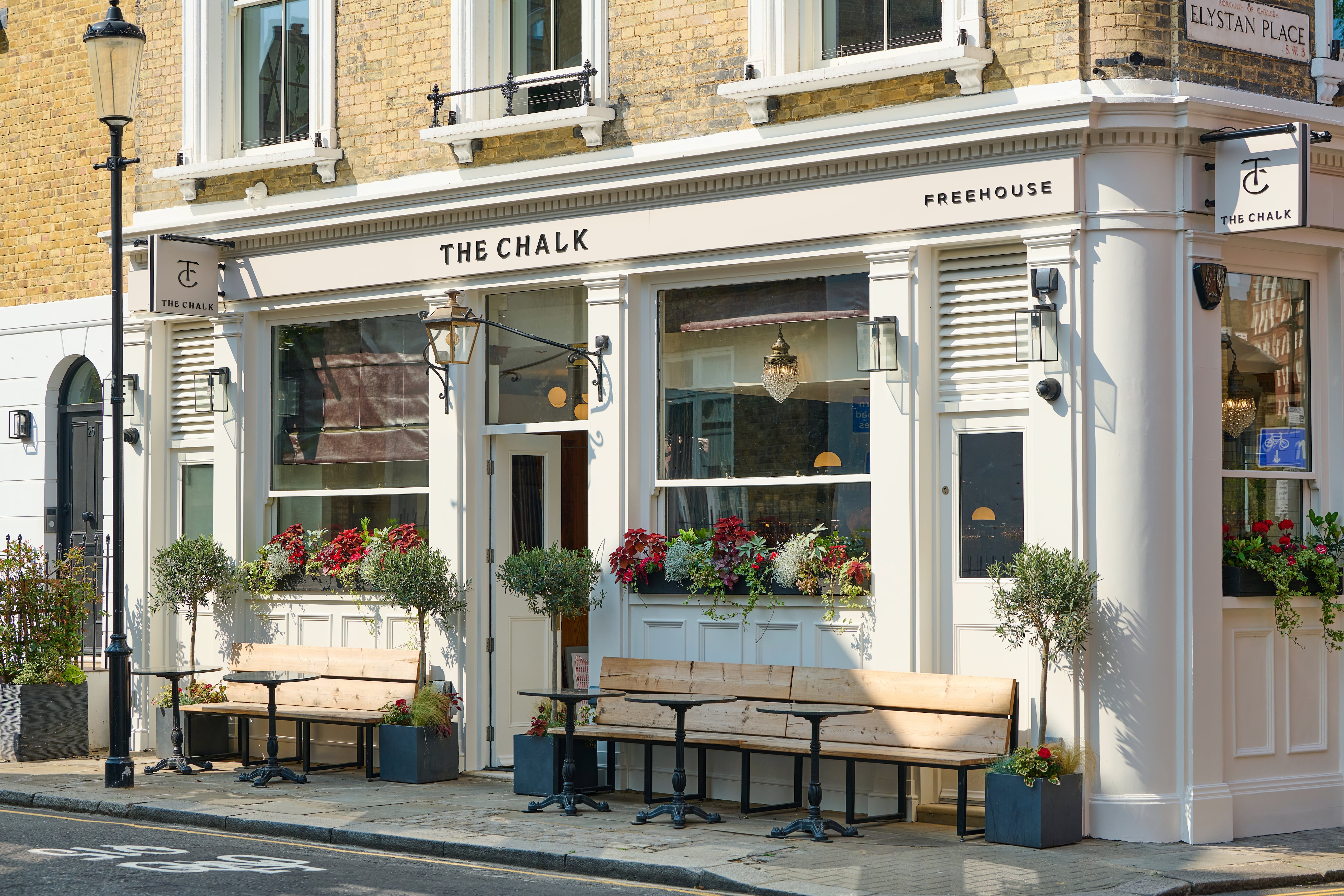
Quality and value
Providing a menu with broad appeal that experiments with new ingredients and formats, and delivers at high standards can be a tricky balance to strike, but it’s something these top performing gastropubs continue to get right.
It will be something every pub should be mindful of over the next year if they are hoping to emulate this success. According to Bidfood’s 2026 Food & Drink Trends report, in the coming year, diners will be looking for experiential menus that offer value and quality with 75% of the 2,000 diners surveyed saying they’d be led by value and quality.
Whether menus are safe or experimental, the bedrock to the success of menus at all top gastropubs is working with quality suppliers and respecting produce to get the best results for any dish.
Using the best quality gives us a head start and helps us achieve the best we can.
Joe Rozier, the Mariners
This is something Tom De Keyser has done in the 12 or so years that he has worked with Tom Kerridge as head chef at the Hand and Flowers, the Coach and now at the Chalk.
Kerridge’s new London pub, which opened in Chelsea in June, is led by De Keyser, who has created menus that ‘showcase high-quality British ingredients crafted with creativity, care and a hint of indulgence’, but without an extortionate price tag. A set lunch menu is available at £30 for two courses and £35 for three.
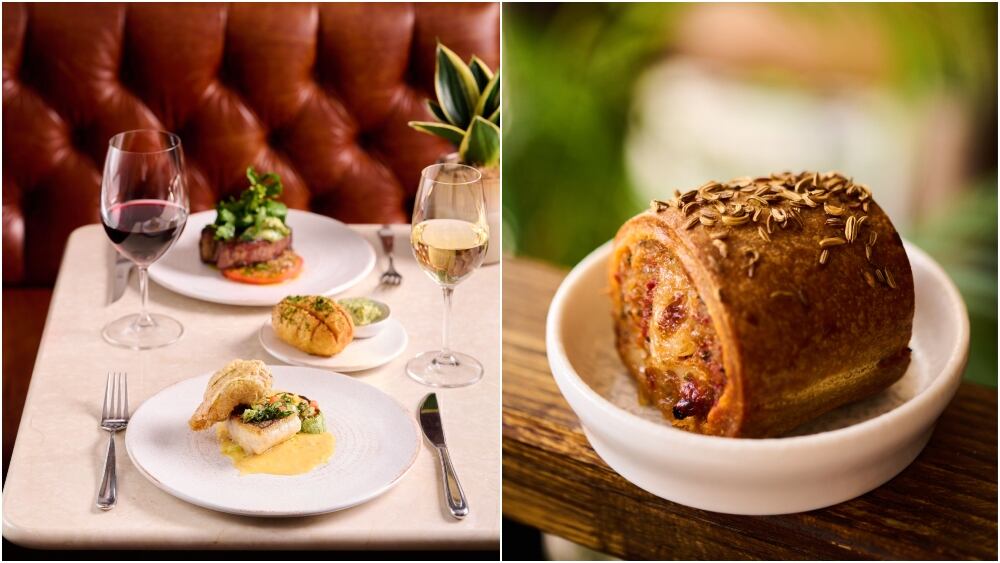
While ‘the spine’ of the main menu is typically pub-like – “you know, we’ve got a parfait, we’ve got a soup, we’ve got a pork chop, a steak, a duck leg and a fish dish,” says De Keyser – the main aim is to provide strong seasonal, value-for-money dishes in a welcoming setting that will keep diners returning.
The Chalk’s signature dishes, for example, include a Cornish crab and crushed potato salad and a pork chop schnitzel, served on the bone with smoked bacon, pickled cabbage and a fried duck’s egg.
“The appreciation of using the best and getting as much flavour and just making everything delicious is really what we’re trying to aim for,” says De Keyser. “I don’t pay attention to trends, I just pay attention to what [produce] we can use that is amazing and how we can pack flavour into it.”
Rozier, who worked at Paul Ainsworth’s fine-dining Padstow restaurant No6 for five years before moving to head up the kitchen at the Mariners, says he learnt lots of ‘little tweaks’ from his time in a Michelin-starred kitchen that elevate the dishes to a new level.
“Like brining the fish and meat,” he says, “that way it’s seasoned and it gives it an extra depth of flavour. It’s a simple way of elevating it alongside using the best quality ingredients and suppliers. Using the best quality gives us a head start and helps us achieve the best we can.”
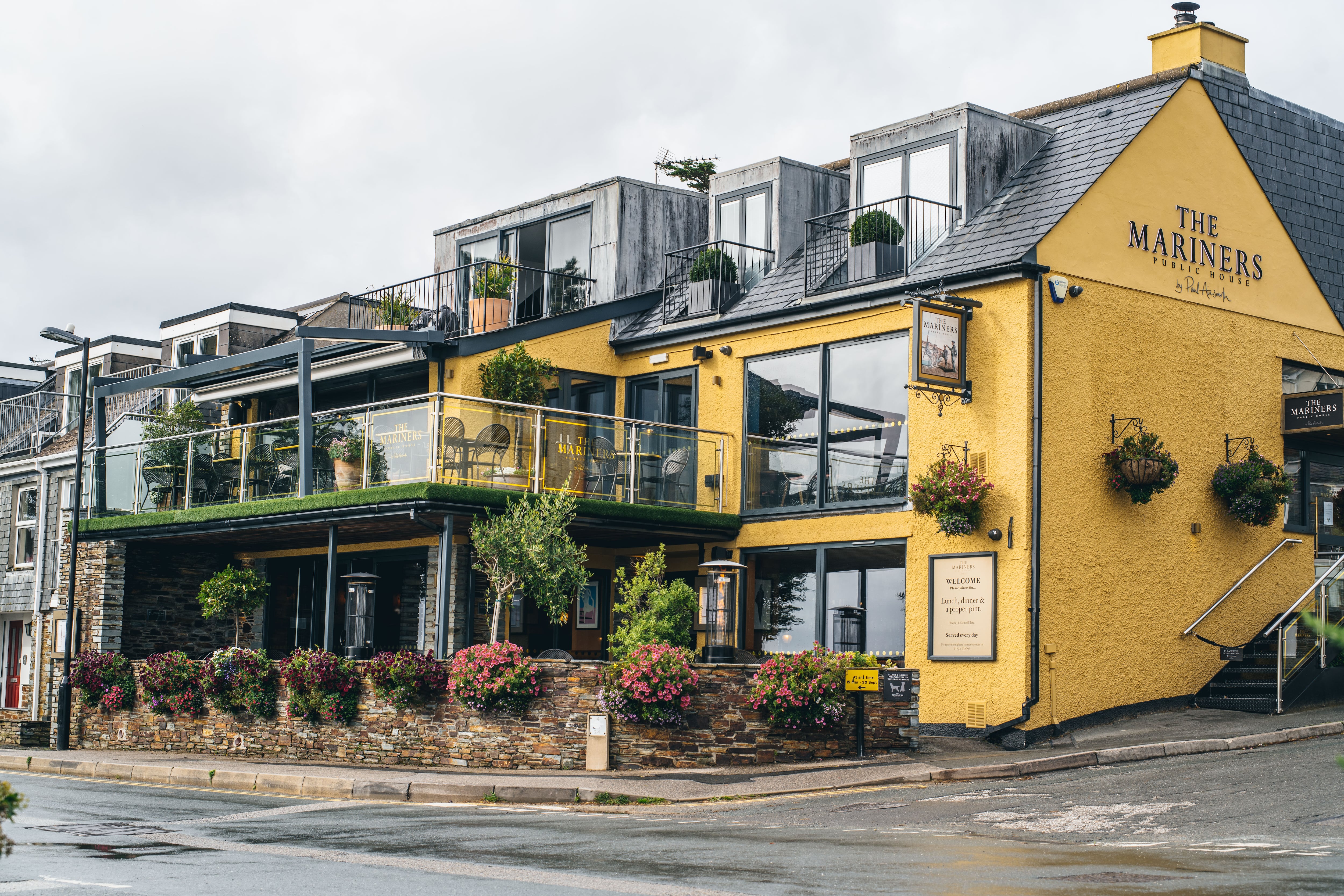
Methodical approach to profitability
It’s all well and good focusing on quality and providing value for money for customers, but, as Rozier says, ‘there’s no point doing all this lovely food and drink and then not making a profit.’
I’m not scared of stopping something if it doesn’t work.
Josh Eggleton, the Pony Chew Magna
So what’s the key to staying in the black?
Rozier takes a methodical approach by costing the menu and assessing it each week.
“We pick 30 ingredients at random on our costing sheet and ensure all the prices are up-to-date then, each month, we have a menu meeting to discuss what dishes are selling and what aren’t,” he explains. “If something isn’t selling or prices are too high, we’ll swap that dish out for something else.”
“You’ve got to be clever with how you manoeuvre your way around the menu,” agrees De Keyser, who selects ingredients that are high quality but not high priced.
“You’re not going to see turbot or caviar on the menu any time soon,” he jokes.
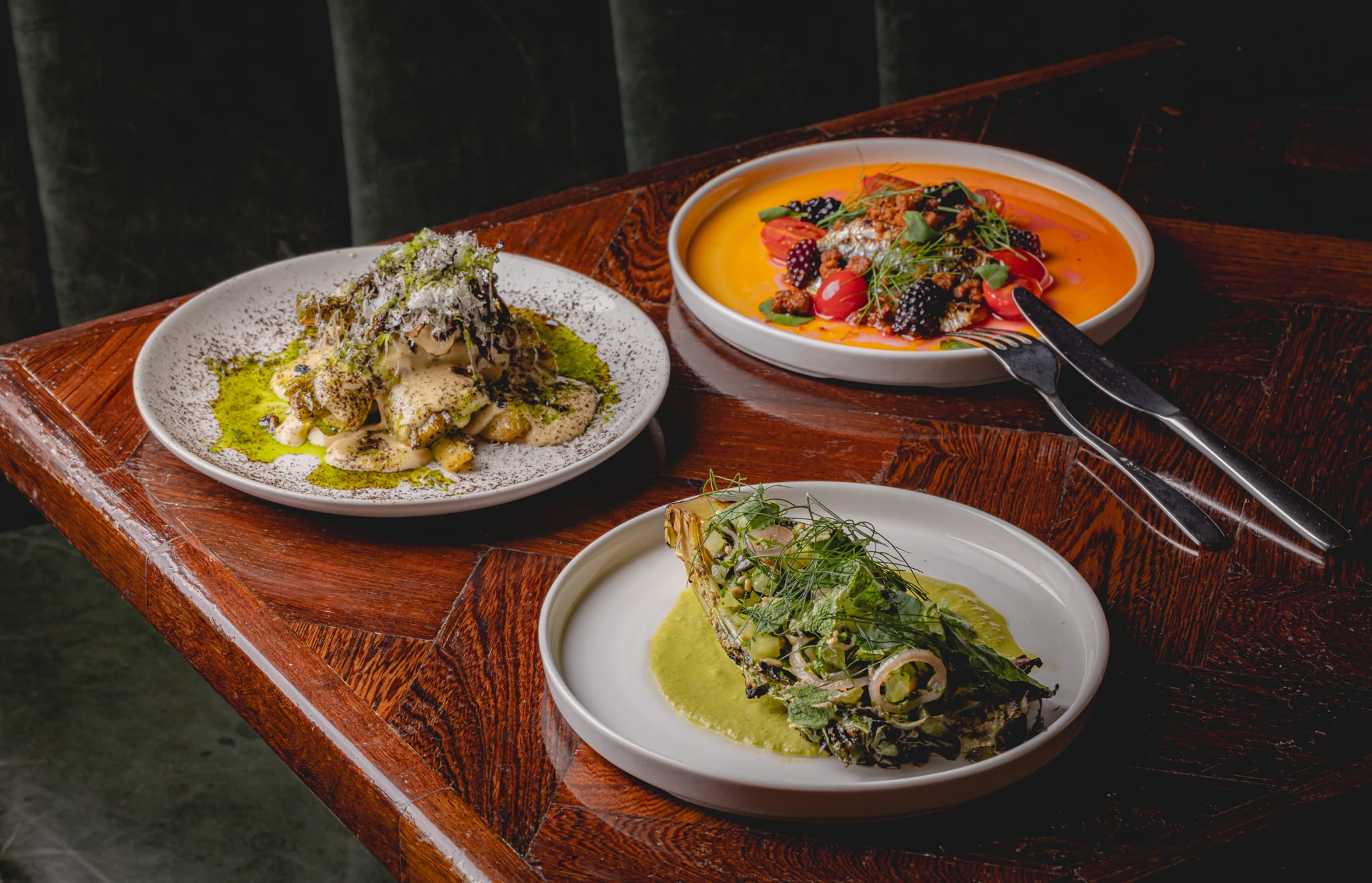
At the Parakeet, Allen also does some menu engineering, ensuring there are plenty of dishes on the menu that can command higher margins to counter-balance those that are less profitable, but popular, like sea bream and sirloin steak. Minimising waste is also key.
Eggleton, who has been at the forefront of food-led pubs for the past 20 years, says today’s trading environment is the hardest it’s ever been so no one can afford to be complacent.
“My solution to everything is to innovate,” he says. “Let’s keep on working hard. Let’s turn up every day. I’m not scared of stopping something if it doesn’t work. Only once I’ve exhausted everything will I shut up shop.”
